Disclosure: This article may contain affiliate links. If you decide to make a purchase, I may make a small commission at no extra cost to you.
Starting a vegan diet that is heavily plant-based can significantly improve digestive health over time, but people can run into difficulties with on the diet with stomach pain and other digestive issues after becoming vegan. Sometimes introducing new foods into your diet can upset the balance and your body needs a bit of time to adapt.
When I first transitioned to a plant-based over 15 years ago, my digestive system wasn’t great. I had experienced acid reflux, frequent indigestion, and other digestive problems like gas and bloating. My expectations were that when I started this new diet, everything would clear up.
Well, in short, yes the symptoms did clear up eventually, but it took well over six months before I really started to notice the beneficial effects of eating a vegan diet on my digestive system.
During the early stages of the diet, it felt like my acid reflux worsened, I felt bloated sometimes, and it seemed like I wasn’t digesting the new food I was putting into my mouth. However, I do want to be clear, I wasn’t vegan at the time, but I was mostly eating fruits, vegetables, nuts, seeds, and olive oil. These foods made up the majority of my diet. It was pretty close to a healthy vegan diet.
When you make sudden changes, and you start introducing a whole new range of foods into your diet, things won’t always go smoothly. Some foods might agree with you, and some foods won’t. Sometimes you can adapt to these new foods, and others you’ll just have to exclude from your diet.
One of my recommendations for people who are looking to start a vegan diet or any healthy plant-based diet is to go slowly at first and start introducing new foods into your diet one or two at a time. This can help avoid some common stomach problems people encounter when going vegan.
How to prevent stomach pain on a vegan diet
Below are a few things to consider if you’re new to a vegan diet or are currently having issues like bloating, flatulence, acid reflux, IBS, and stomach pain.
1. Add new foods to your diet slowly
It’s really exciting to start a new diet and want to put literally everything into your salad from the fresh food section of the supermarket. I get it, you want to consume all of the beneficial nutrients in these foods and you want your salad to look pretty.
The problem with adding a load of new foods into your diet all at once is that you don’t know what agrees with your stomach and what doesn’t.
There are certain foods that I simply cannot handle even to this day. That doesn’t mean they are unhealthy foods, they just don’t agree with my digestive system.
When you start a vegan diet, add foods that are easy-to-digest, and have a lower amount of fructose in them. These foods include citrus fruits, bananas, and different types of berries such as blueberries and strawberries. Perhaps for breakfast, you could start off with oatmeal and put some bananas and blueberries in there.
For dinner, just include two or three different types of vegetables rather than ten.
You really don’t have to throw everything onto the plate. Keep things simple at first and then, later on, you can include more variety in your meals.
2. Avoiding vegan junk food
If you want to be successful and be healthy on the diet, you have to limit the amount of junk food you eat. I’ve come across plenty of vegans who existed on nothing but junk foods.
Vegan junk food can sometimes be as bad as non-vegan foods: they contain little fiber and are lots of fillers and other ingredients that are bad for the digestive system.
Stick to the fresh food section as much as possible if you can. And of course, it’s fine to eat some packaged foods, there are probably a few which are actually pretty healthy and contain all-natural ingredients. Try to be a bit more conscious and aware of what you’re eating.
3. Don’t eat too little and don’t eat too much
People sometimes naturally drift to either extreme and suffer stomach problems because of it. If you eat too little, it can cause hunger pains and other stomach problems. And if you eat too much, this can leave you bloated and feeling bad.
There is an old saying in Okinawa: “eat until 80% full”. It means that you should push aside your plate before you start feeling full.
One of the mistakes I made when I started a plant-based diet was consuming literally pounds of vegetables in one meal. It would make me uncomfortably full at times. And sure, your stomach does expand and eventually you adjust to bigger sized portions, but is that best thing for health?
In order for your digestive system to heal and your body to go into repair and maintenance mode, you should ease up on the volume of food. You don’t want to be in a state where you’re always digesting food all day. Be sensible about meal sizes!
Include some higher calorie foods in your meal such as sweet potatoes. These are filling and add caloric density to the meal. You can then add in a few vegetables which are low calorie.
4. Eat a balanced diet of cooked and raw foods
There are some foods such as cruciferous vegetables, corn, and carrots which can be more difficult to digest when you eat them in their raw state. When you cook these vegetables, they become easier to digest and less hard on the stomach.
Some people recommend people go on a 100% raw food diet in order to have the best health possible but I’ve never thought this was a good idea. Cooking is actually very useful for being able to better absorb certain vitamins, carotenoids, and phytonutrients in the diet.
I think that a raw food diet is good, and perhaps most of your vegetables should be eaten in raw form, but I’ve found 70% to be a good target for most people.
And another thing about eating this way is that your body will start getting used to the diet and digesting these foods better over time. Your gut bacteria will change and become more healthy (you can speed this up by taking vegan probiotic supplements) and this will help break down the fiber in your diet.
Foods which might cause the most problems with stomach pain include the following:
- Raw broccoli
- Raw cauliflower
- Raw brussel sprouts
- Corn
- Green peppers
- Beans*
- Spices – chilies, jalapeños, habaneros, and poblanos contain capsaicin which is hard on the stomach.
- Raw garlic
- Red onions
- Tomatoes
- Carrageenan (ingredient)* – found in many milk substitutes, supplements, and other vegan products. It’s known to cause inflammation in the bowel and can significantly worsen symptoms of Crohn’s disease and ulcerative colitis.
Foods which are easier on the stomach include the following:
- Bananas
- Blueberries, strawberries, raspberries, etc.
- Grapes
- Citrus fruits
- Green beans
- Celery
- Sweet potato
- Squash
- Spinach
- Romaine lettuce
Tip: One good way to get in some raw vegetables is to make green smoothies! These blended drinks which contain both fruit and vegetables can be easier to digest while still retaining the fiber.
5. Don’t pour on the oil, drizzle it
I do recommend people add oils to their diets like extra virgin olive oil, flaxseed oil, and vegan omega 3 supplements, but don’t overdo it.
When I first tried flaxseed oil, it can be some nausea and stomach pain. After some time I got used to it and then had no issues eating flaxseeds. So as I mentioned earlier, sometimes you can get used to foods as long as you’re not intolerant to them or have an allergy.
Oils are high in calories, nutrient-deficient, but do have some anti-inflammatory properties and help absorb certain nutrients from our diet.
Avocados are very healthy food and are high in fat. Have one avocado, but don’t go crazy and have five a day.
Oils can be quite heavy, so ease up on them and don’t have over 20-30% of your calorie intake coming from fat.
6. Drink tea to help improve digestion
There are many herbal teas that are able to aid in digestion and these can be consumed with meals. Ginger tea is great for improving digestion and reducing stomach pain and symptoms like nausea, bloating, and gas.
If you think you’ve eaten too much, make a cup of ginger tea and you’ll be feeling better in no time!
Other teas that help with stomach pain and other digestive issues include spearmint tea, peppermint tea, licorice tea, and chamomile tea.
They really do help, so give them a try if you haven’t already.
7. Go easy with the beans
Beans are great for you and are really filling. I love beans, and I eat them often! But if you’re not used to regularly eating legumes, they can sometimes cause stomach issues.
If you can include beans in your diet without a problem, then I highly recommend you do. They do contain some anti-nutrients, but overall, studies have shown that they are linked with increased longevity and health.
If you’re having issues after eating beans, it can be because you’ve taken too many antibiotics, so it might just take a bit more time to adjust. You can try to improve your gut by taking probiotics.
If you still have problems after many weeks have passed, they would be one of the first foods I’d try to eliminate.
8. Choose a good protein powder that is easy on the stomach
Protein powders are great for people who are more physically active and require a bit of extra protein to boost performance and muscle gains on a vegan diet.
One of the problems from using them is that these protein shakes can sometimes be difficult to digest and cause stomach pain and flare up IBS symptoms in people who have a sensitive stomach.
I recommend looking for protein powders that contain enzymes that help make the protein more digestible and easier on the stomach. Some of them also include probiotics to help improve stomach health as well.
You can check out some good vegan protein powders here that don’t contain any stevia and include enzymes to help you digest the protein more easily.
9. Digestive enzymes are helpful
There are many plant-foods which already contain enzymes: pineapple and papaya are two great examples. So I definitely recommend that you include these two foods in your diet if you haven’t already!
However, taking a supplement containing digestive enzymes could be helpful for vegans who have just started the diet from an unhealthy processed diet.
When you were eating a bad diet, your stomach may not be producing enough stomach acid, enzymes or bile to help digest the food you eat. While this problem usually corrects itself over time, digestive enzymes may help facilitate and speed up the process.
Here’s a list of foods which contain natural digestive enzymes:
- Pineapple
- Mango
- Papaya
- Avocados
- Bananas
- Kimchi
- Sauerkraut
- Kiwi
- Ginger
Check out vegan enzyme supplements here.
10. Try probiotics
It’s possible that there might be a change in your gut microbiome and this is causing your symptoms. There have been times in the past where I’ve had stomach problems and they were resolved by taking probiotics. Sometimes it just took a few days before I felt better. The probiotics that I found most effective was this probiotic from natural origins (it contains acid resistant strains).
11. Consider other possibilities
If you’re having serious stomach issues, you should never ignore them. Always see your doctor and get a proper diagnosis. If you’ve been on a vegan diet for a long time and noticed a sudden change, there could be several reasons for this.
At one time (before I went vegan) I had a few stomach issues, which included gastritis and IBS. These were intermittent but they really affected my appetite. Although I never knew the exact cause because I never got tested, I suspected it may have been h.pylori.
Going on that hunch, I took some Manuka Honey, and within days (after having problems for a long time) the problem went away and has never returned.
Sometimes stomach pain and IBS issues can really be caused by stress or something more serious. Get some tests done by a doctor if you’re worried!
Conclusion
It’s perfectly normal for your digestive system to take a bit of time to adapt to your diet if you’ve just begun your vegan journey. Sometimes it takes a few months before things settle down; but in certain cases, you may have to remove foods that don’t agree with you.
Finding the best vegan diet for you can involve a lot of experimentation. Start off slow and add new foods to your diet slowly. This can avoid many of the problems that people face after going vegan.
One of my top recommendations for people beginning the diet or having issues with their stomach is to give green smoothies a shot. They’re packed with nutrition, easily digestible, and they put less stress on the whole digestive system while it heals.
I hope that the tips in this article will help shed some light on why some people experience stomach pain after they go vegan!
Article reviewed and updated: August 2021

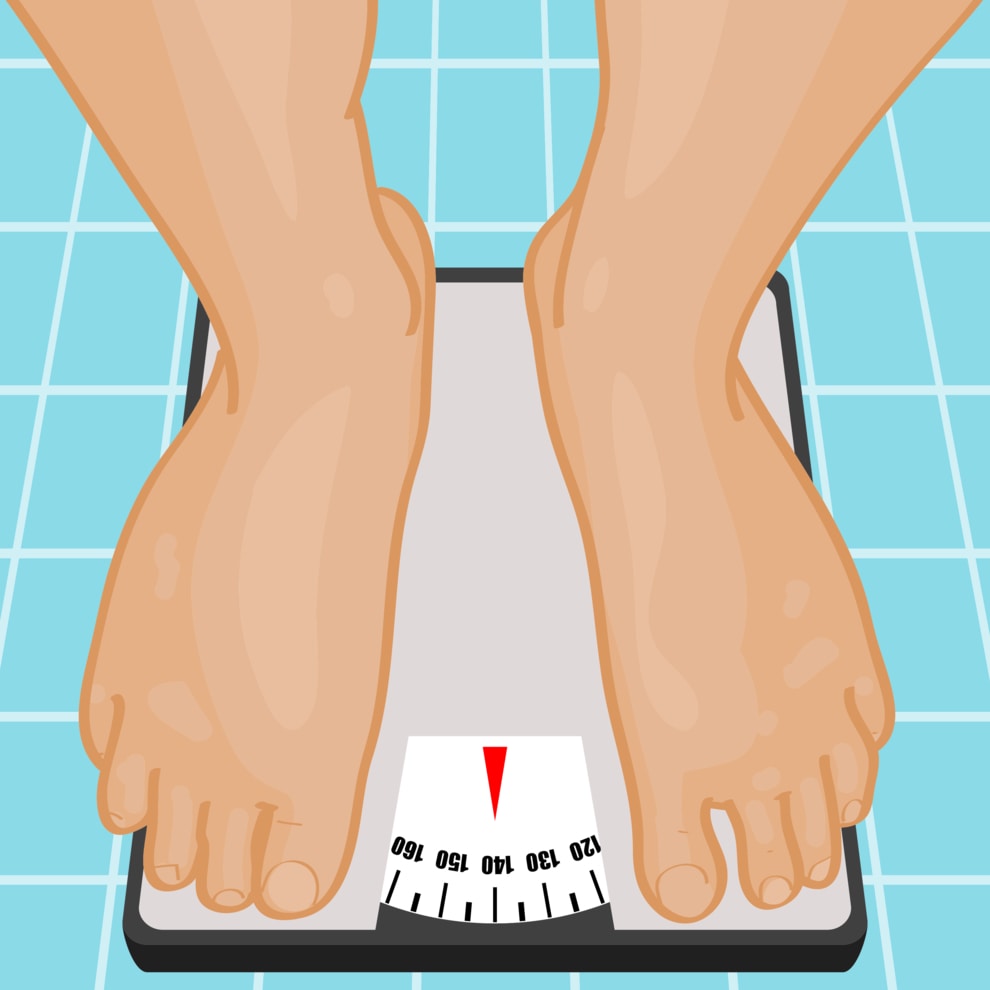
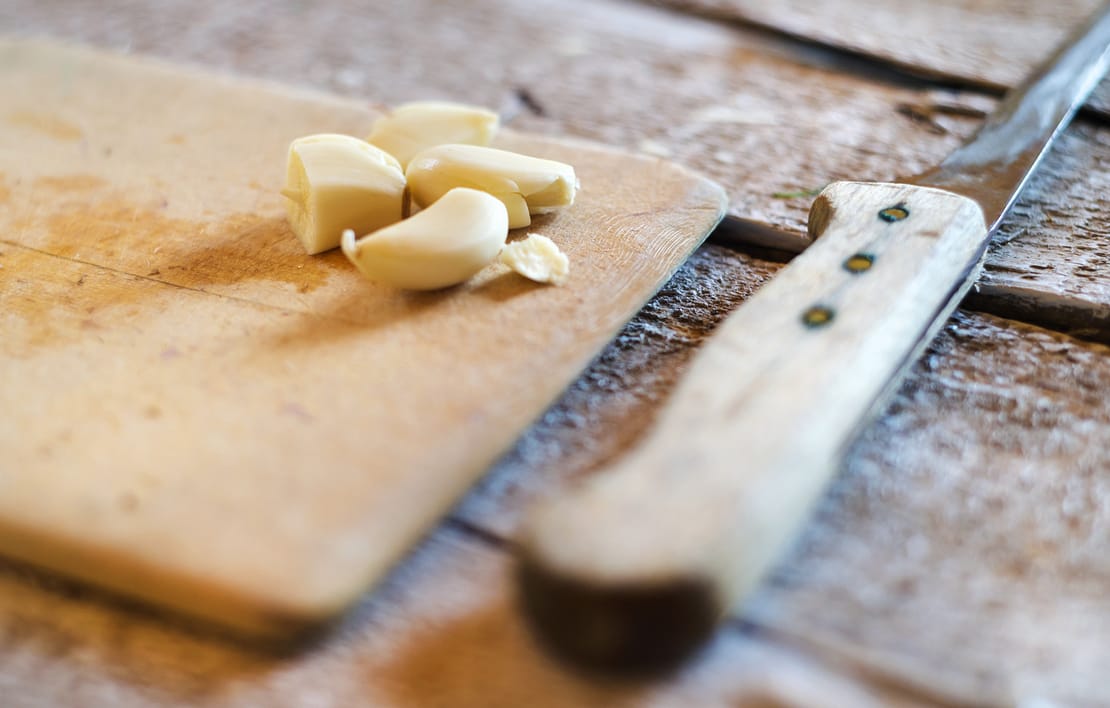
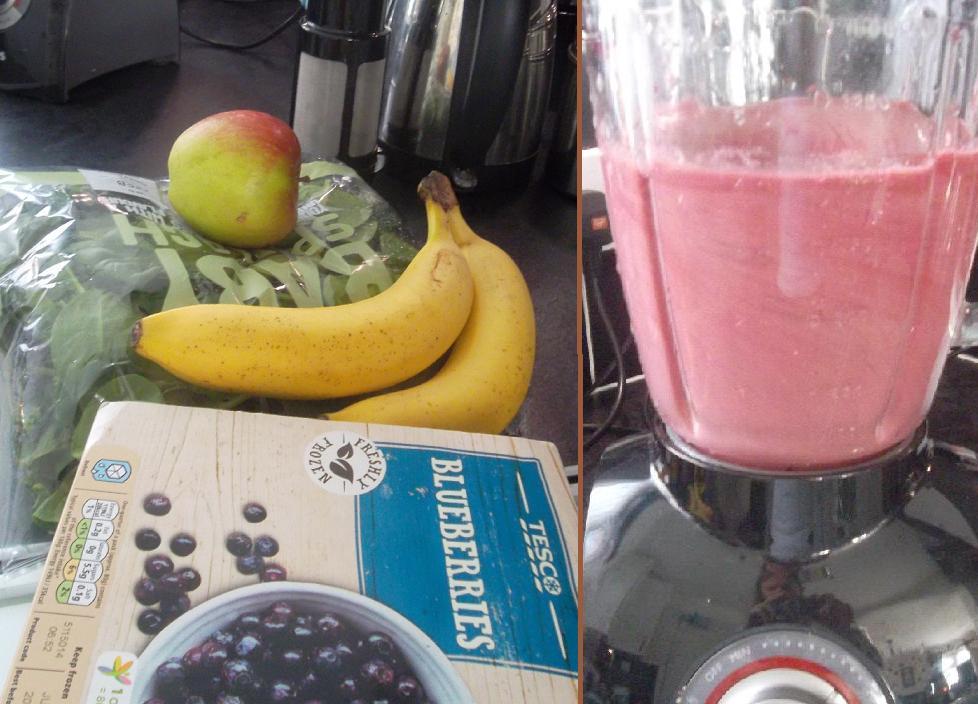
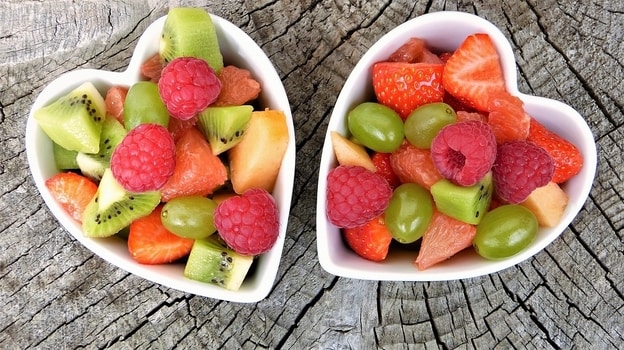
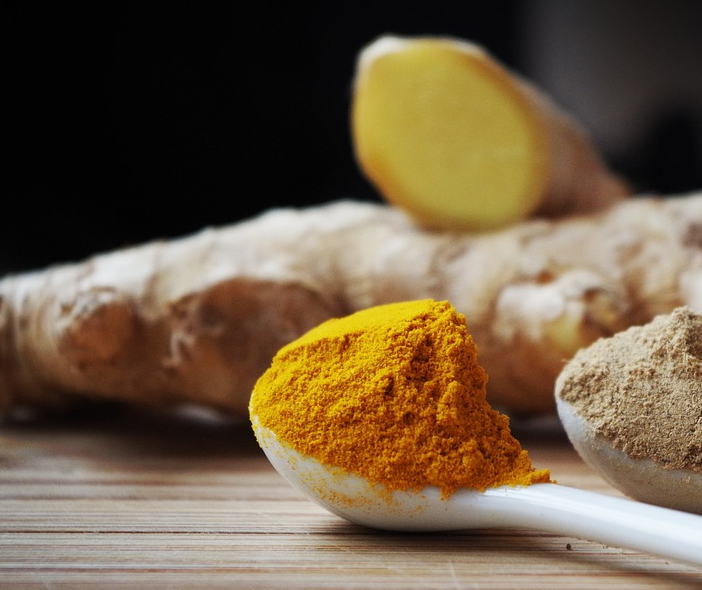
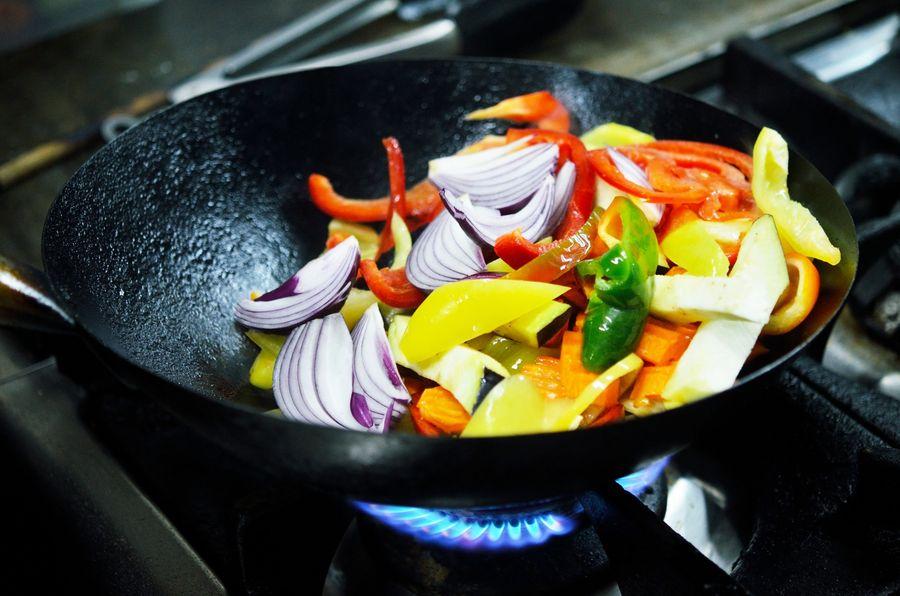
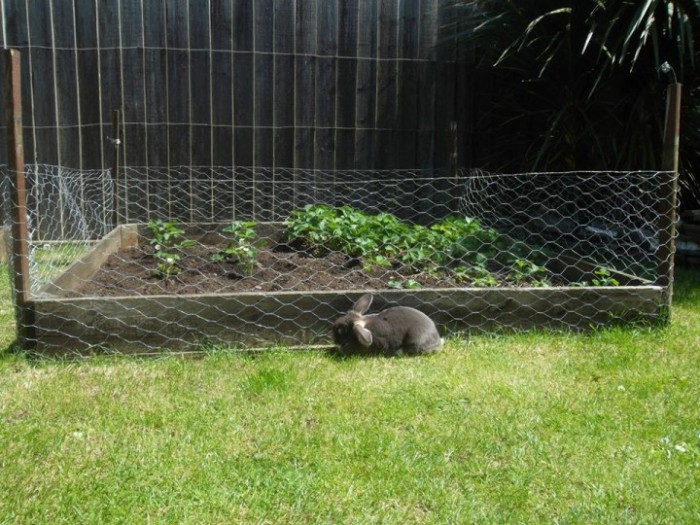
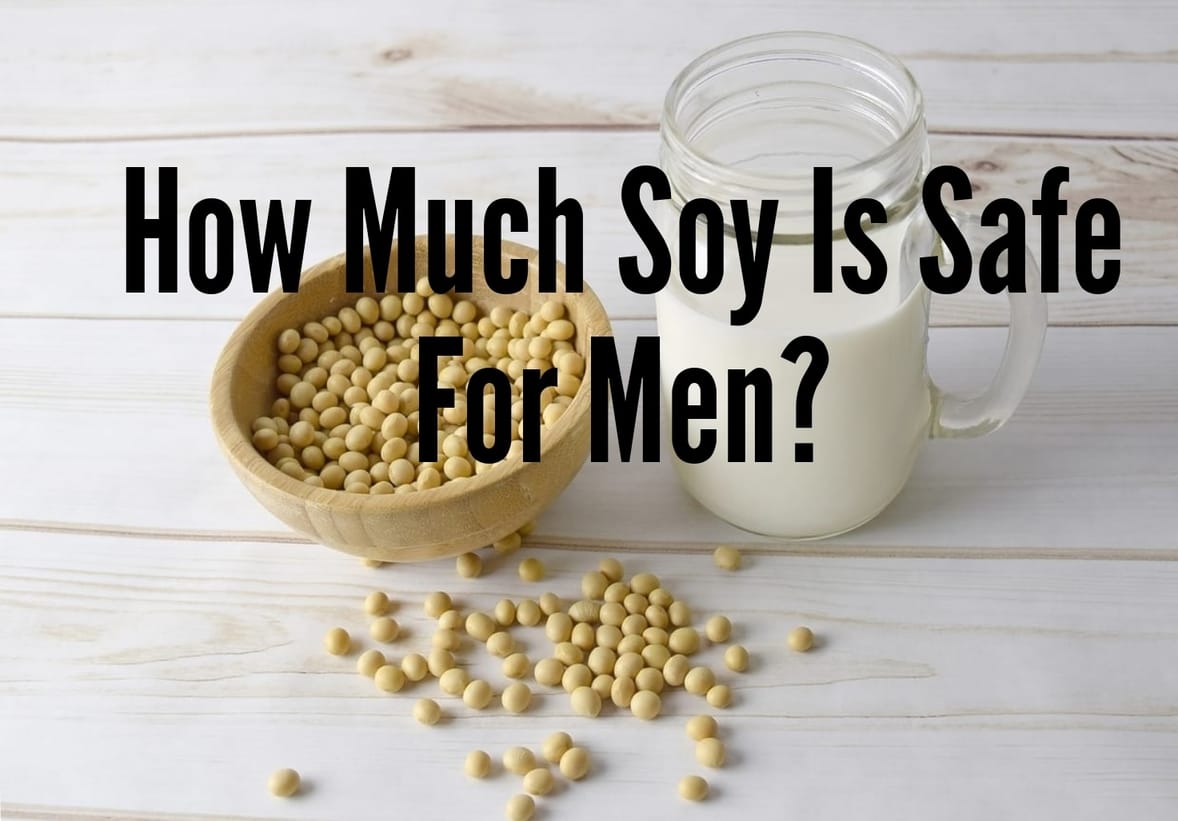
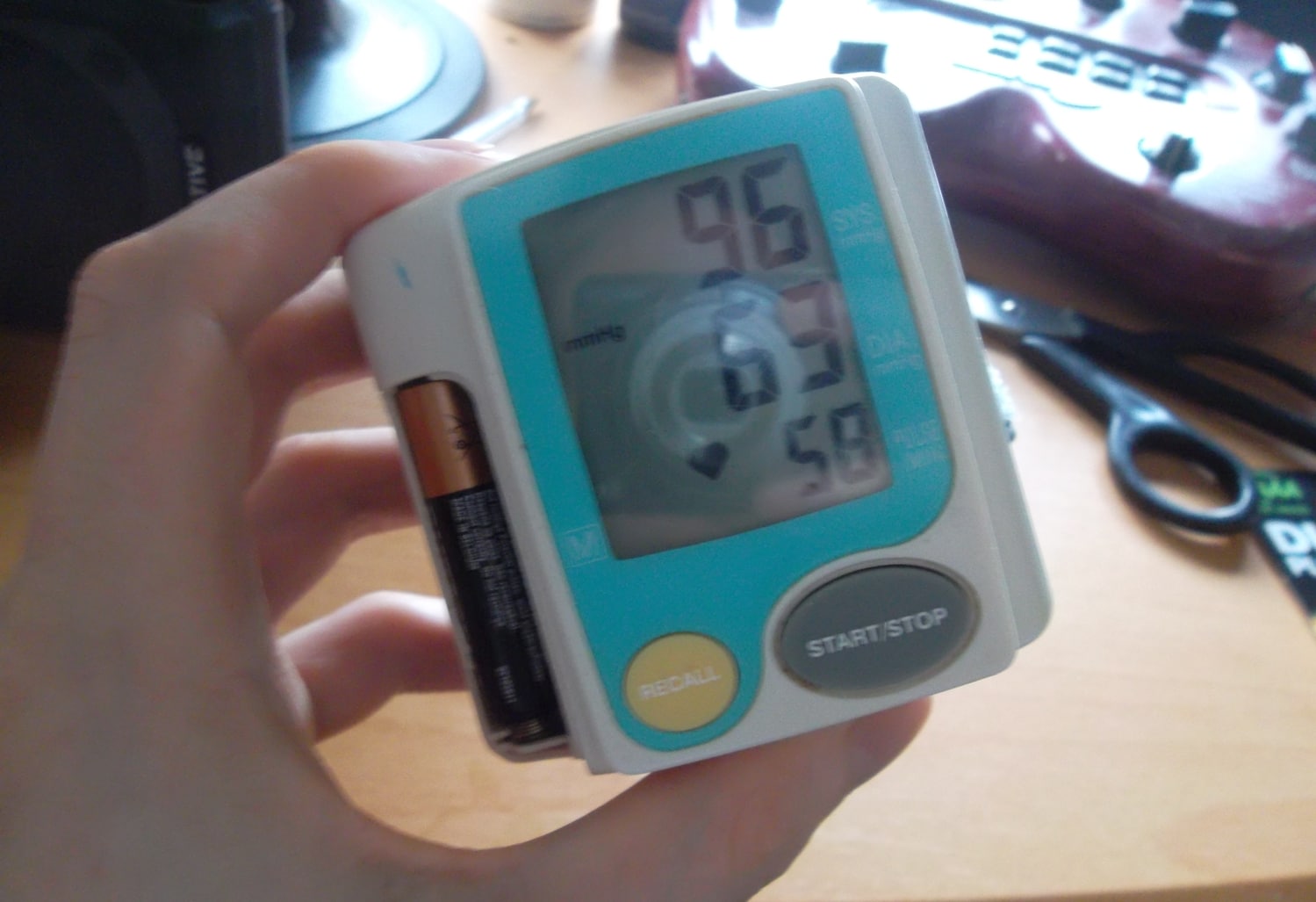
New on plant based for a few weeks,4. Every few days very intense stomach pain then unable to retain meal one hour earlier.have 2 glasses of wine usually late afternoon,prior to meal.thks D Haunschld